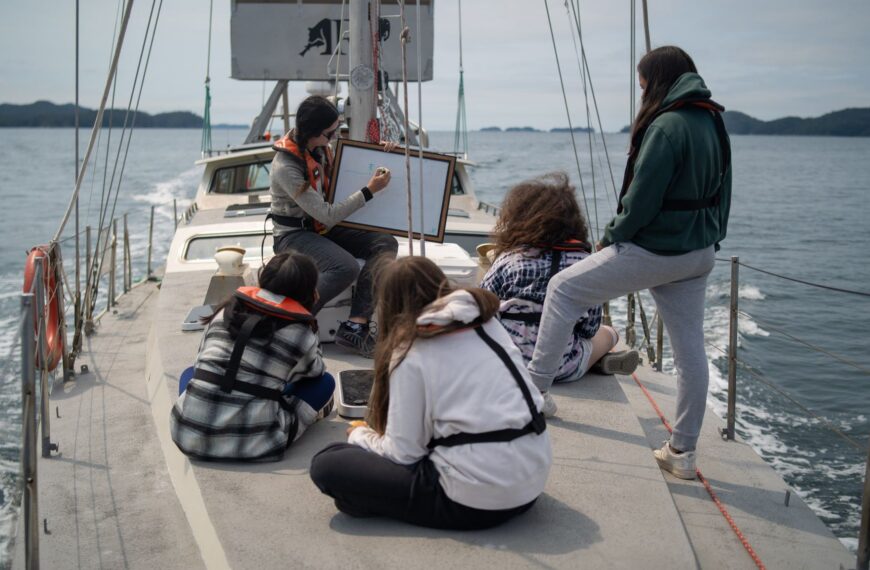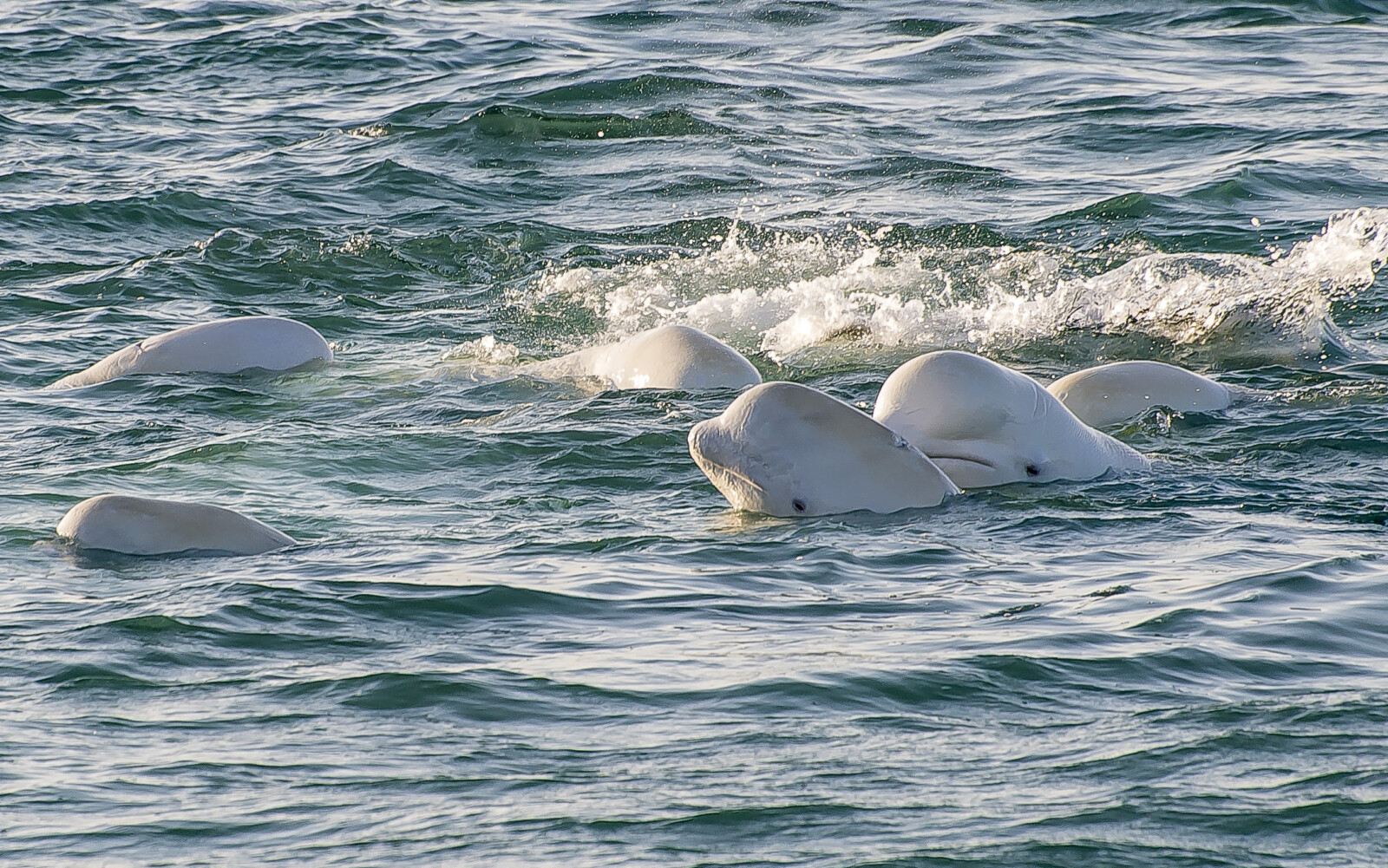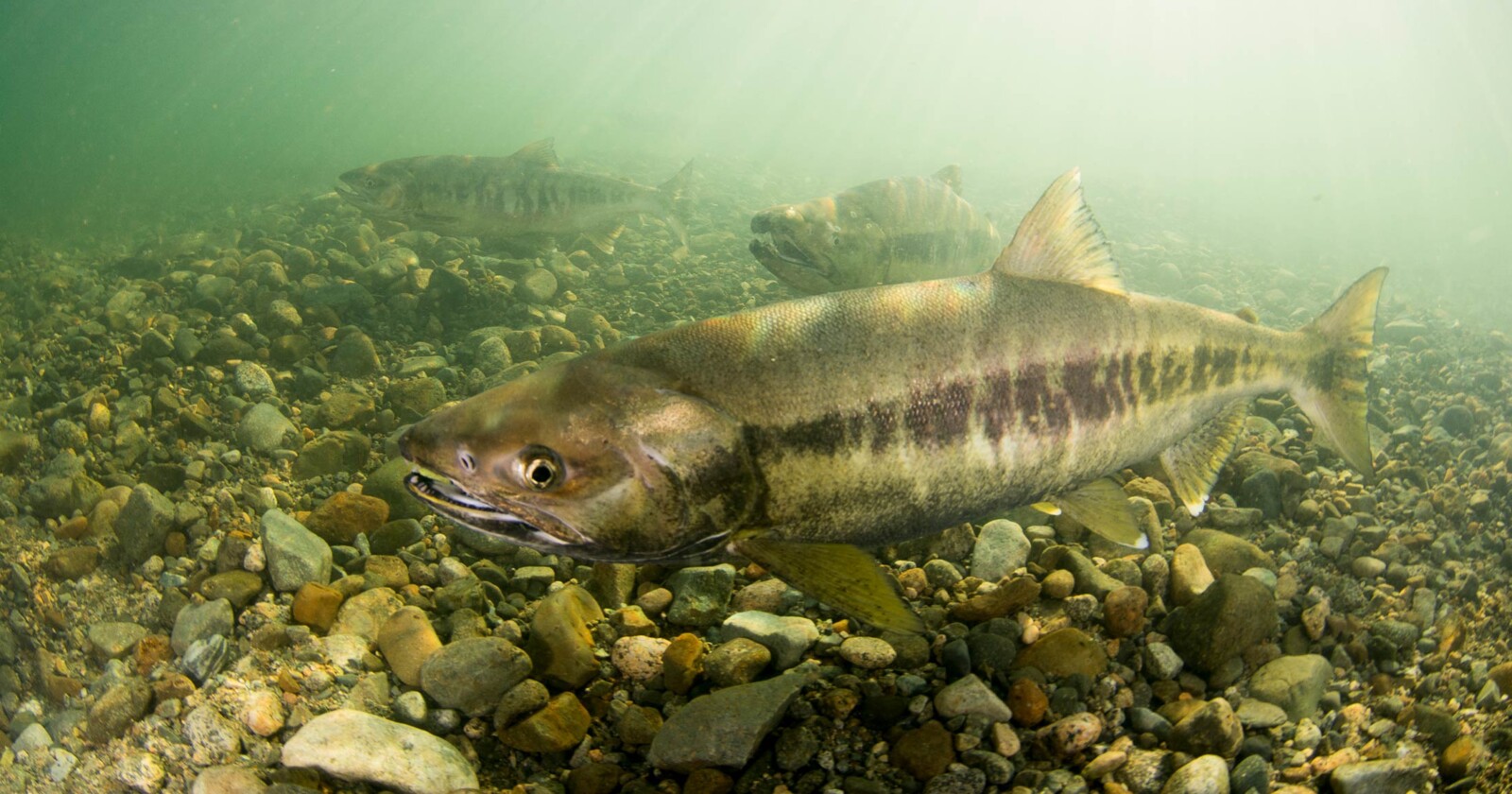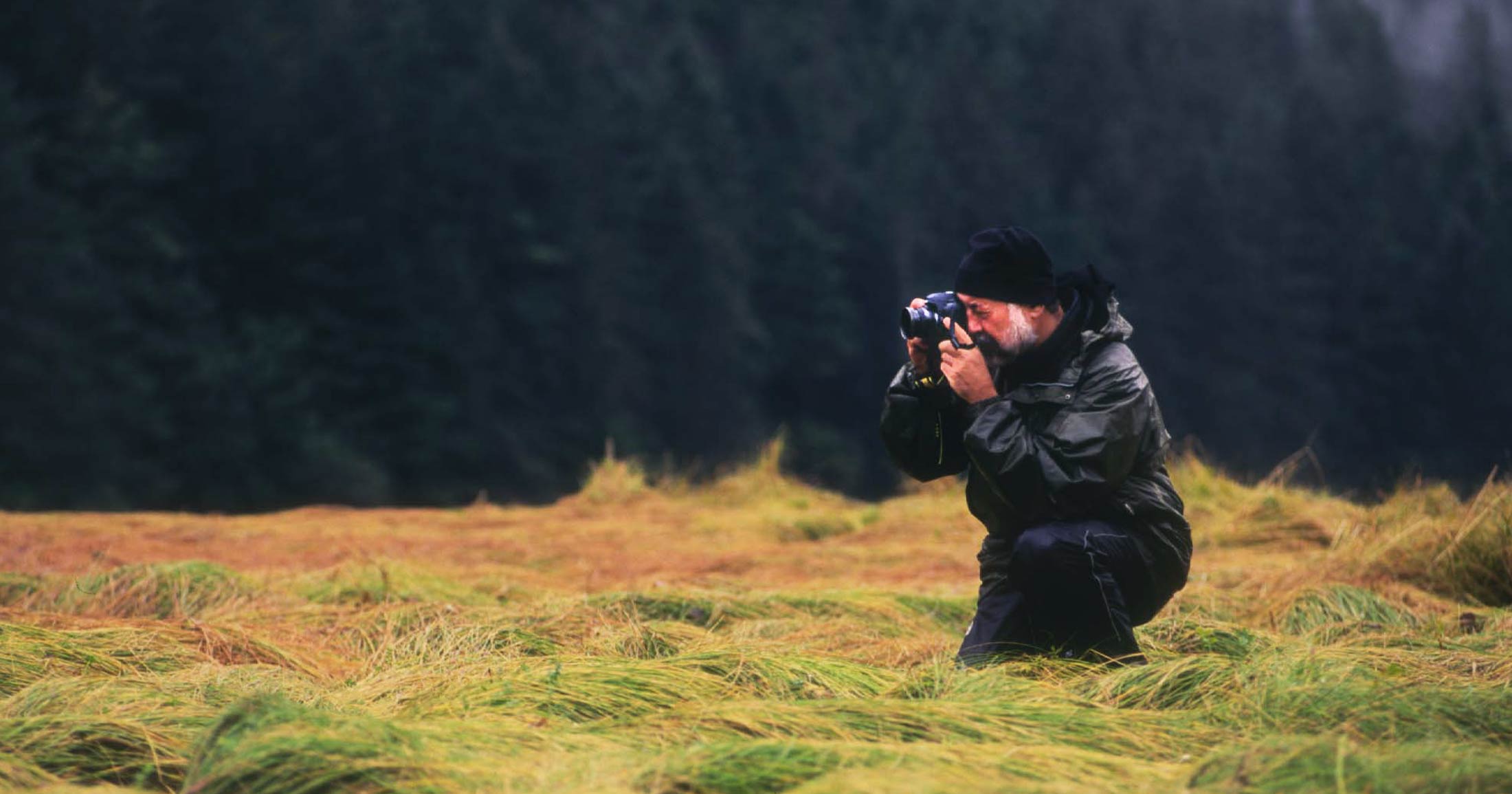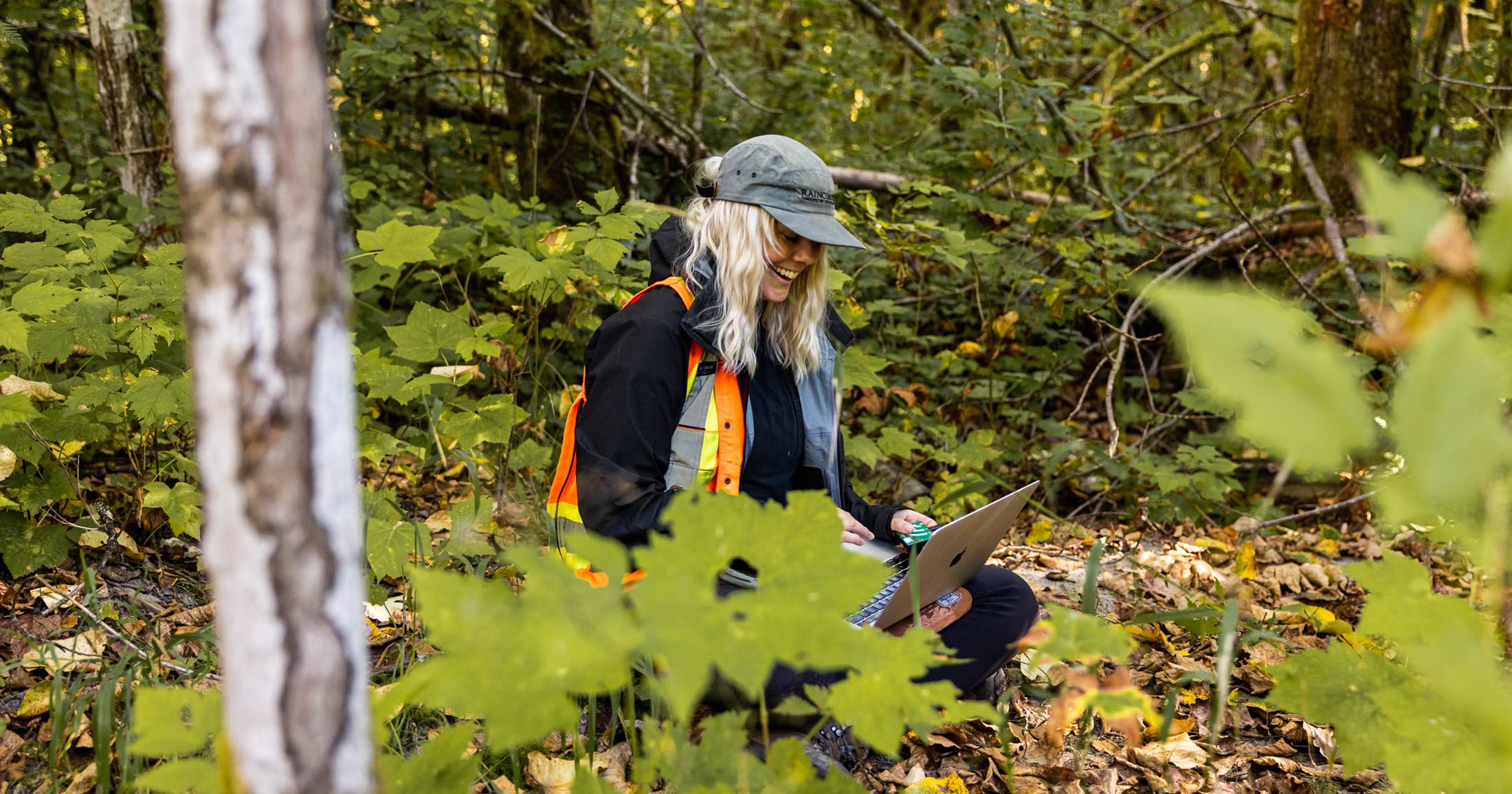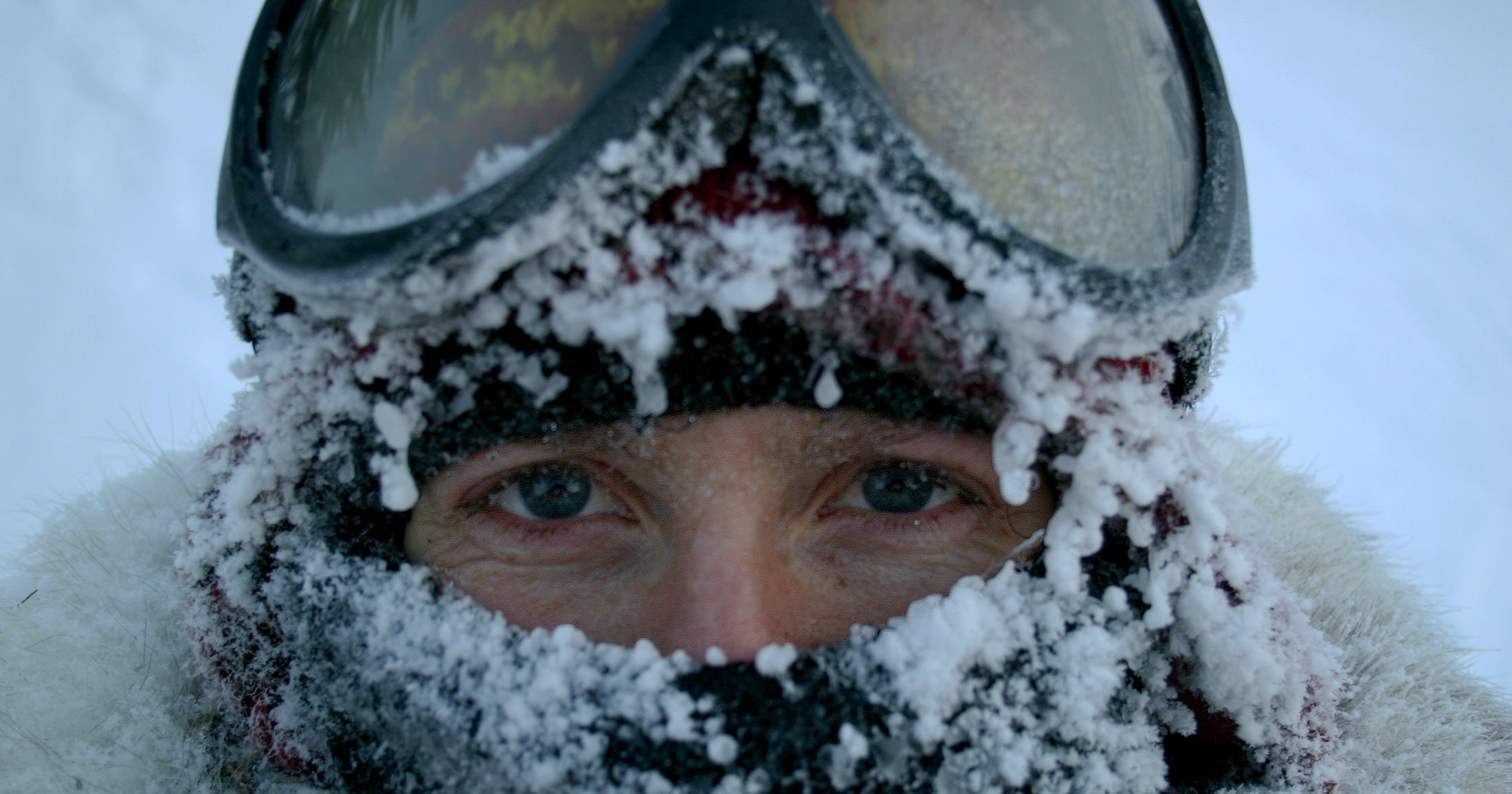Opinion: BC government wants grizzly bears dead
Province could buy out hunting tenures and create world’s largest reserve
BY CHRIS GENOVALI, SPECIAL TO THE VANCOUVER SUN
We want these bears dead. This is the message the B.C. government’s “reallocation policy” sends to the Raincoast Conservation Foundation, to British Columbians, and to the world.
This policy also prevents the implementation of an innovative solution to end the commercial trophy hunting of grizzlies and other large carnivores throughout the Great Bear Rainforest.
With the mismanaged, and some would say depraved, B.C. grizzly bear hunt having commenced this month, the controversy surrounding the recreational killing of these iconic animals is spiking once again.
A hard-won Raincoast-led moratorium on grizzly hunting in B.C. was overturned in 2001 by Gordon Campbell’s newly elected Liberal government with no justification other than serving as an obvious sop to the trophy hunting lobby. So, what was supposed to be a three-year provincewide ban was revoked after one spring hunting season. Raincoast, recognizing the then-new premier’s mulish intractability on this issue, decided to take a different approach.
Raincoast raised $1.3 million in 2005 to purchase the commercial trophy hunting rights across 24,700 square kilometres of the Great Bear Rainforest. Raincoast purchased an additional 3,500 square kilometres in 2012, including nearly all the habitat of the spirit bear (despite a restriction on killing spirit bears, trophy hunting of black bears that carry the recessive gene that causes the white coat is allowed). The sellers of these hunting tenures received a fair price, bears were safeguarded, and ecotourism prospered, including within coastal First Nations communities.
The province has countered by instituting a so-called reallocation policy (a.k.a. the Raincoast policy), whereby unused (not killed) grizzly bear “quota” would be stripped from Raincoast’s commercial tenures and allocated to resident hunters (B.C. residents who do not require a licensed hunting guide by law).
To view the whole article please visit the Vancouver Sun website
You can help
Raincoast’s in-house scientists, collaborating graduate students, postdoctoral fellows, and professors make us unique among conservation groups. We work with First Nations, academic institutions, government, and other NGOs to build support and inform decisions that protect aquatic and terrestrial ecosystems, and the wildlife that depend on them. We conduct ethically applied, process-oriented, and hypothesis-driven research that has immediate and relevant utility for conservation deliberations and the collective body of scientific knowledge.
We investigate to understand coastal species and processes. We inform by bringing science to decision-makers and communities. We inspire action to protect wildlife and wildlife habitats.



